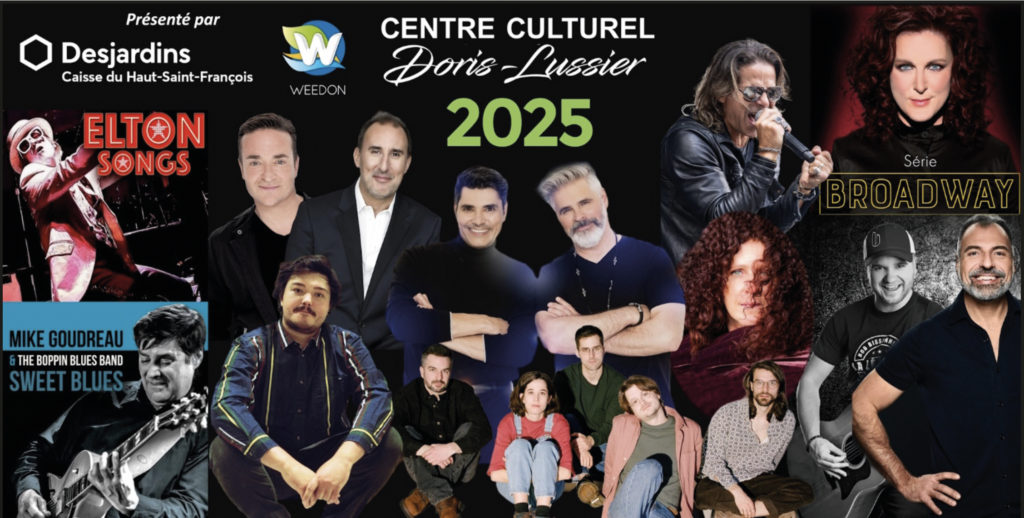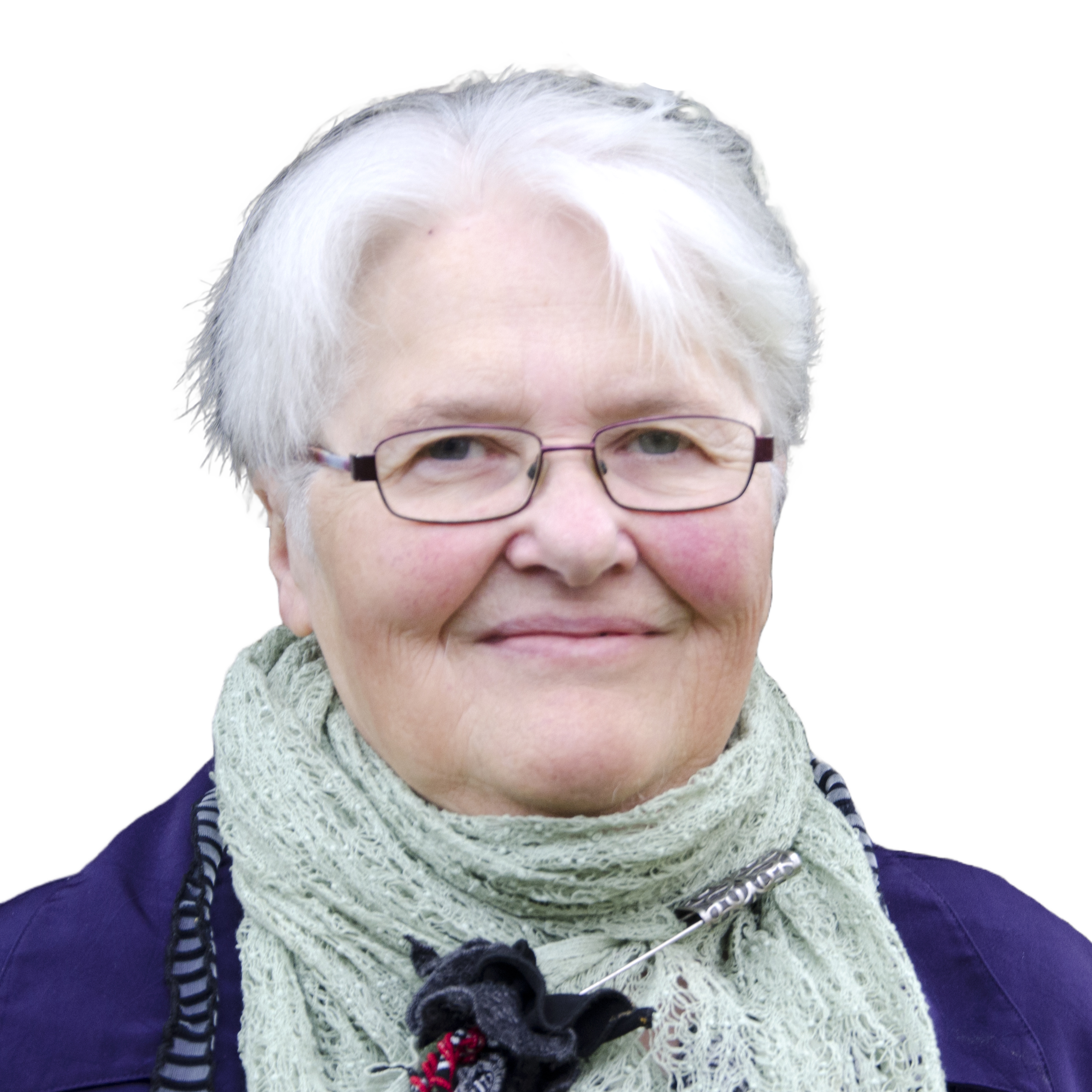Jack Garneau: 100 percent.
Scottish, English/Northwest Europe, Irish, Norwegian, French, Slavic, Native American: One person’s DNA, in that order of proportion. Perhaps you recognize the package?
That’s the portrait Ancestry.com paints of Jack Garneau. It’s not unlike many other so-called “English” in the Haut-Saint-François, he guessed.
In fact, “being English-speaking” is not at all the same as “being English,” I observed, and Garneau acknowledged with a hearty laugh how often the two are confused. We talked by phone, he from his home in Sawyerville.
The genealogy buff has looked into his roots, and being 85, he’s had a bit of time to do so in depth.
“Ancestry tells me that my genes are only two percent similar to those from France, yet they tell me I am connected to all French people in North America.”
He has French heritage from his great-grandfather on his father’s side, and his great-grandmother on his mother’s side. “So I would have thought that percentage would be higher. But I suppose people who came from France, they probably weren’t totally genetically French either. They probably were partly Viking or Scandinavian, who knows?”
Another surprise was his predominant Scottish DNA. “My dad’s mother came from the Isle of Lewis,” he said. “My mother always said her father was Irish. But I think most of her roots were what they called planters.”
“Planters” were people from England and Scotland brought into northern Ireland to settle the land in the early 1600s, Protestants who were friendly to the English crown. They became known as Irish, but had Scottish origins.
The “English-Northwest Europe” part of the package referred, in part, to his great-great-grandfather who came over from Germany to Boston in 1751.
“The Boston settlers were getting a lot of grief from the French and Aboriginal people, so they brought over immigrants to settle on the outskirts of Boston. ‘Better they lose their scalps than we lose ours’,” Garneau said.
They invited Lutherans from the northern part of the Rhine valley; the Bostonians feared Catholic immigrants would be too easily influenced by French-Quebecers. Seven families collectively farmed a thousand-acre piece of land for a number of years, then Garneau’s ancestors gradually moved north, up the Connecticut River, and settled in Eaton.
“It doesn’t take very long to go from an ancestor 100 percent to one percent, really. My Native ancestry is eighth generation on the Huron side, and eleventh on the Algonquin side, and yet they say I’m only a small percentage Native American,” Garneau observed. His ancestors were among the “first Métis” in Canada, in the 1600s.
“I may not have much of their DNA left, but if they weren’t there, we wouldn’t be here.”
His English ancestors, the Page family, came to the New World in the 1600s, soon after the Mayflower. “They came up to the Eaton area around 1800 or 1805.” Like many other Americans at that time, they came for land, he noted, not politics. “They were not Loyalists.”
Around the 1850s, Garneau’s French ancestors moved south into the Bury area. His Geurtin ancestors supported the British in the Rebellion of 1837, but his great-great-great uncle, Hippolyte Lanctot, a notary in Saint-Constant, fought on the side of the Patriots. He was captured and shipped off to Australia. After some years, his sentence was commuted and he came back to Montreal.
“So here he was, a Patriot, and on the other side of my family, they were against that. Near Quebec City, the Irish there were afraid of what was going on. George Abraham Smyth, my great-great-great grandfather, petitioned Lord Dorchester to give them arms and give them aid so they could protect the area against the Patriots and I have a copy of the document he wrote to Lord Dorchester,” he said.
Then there are his Slavic roots: Ukrainian or Russian. Garneau compares the current war to the times of the Viking raids in Europe. “I guess unfortunately it’s been the story of mankind. Really, I just cannot comprehend. We’ve been led to believe we can talk things out, but I’m not so sure. History doesn’t seem to show we’re very successful at that.”
That’s one lesson we can learn from our DNA. Garneau summed up another: “We’re all mixed up, actually!”



